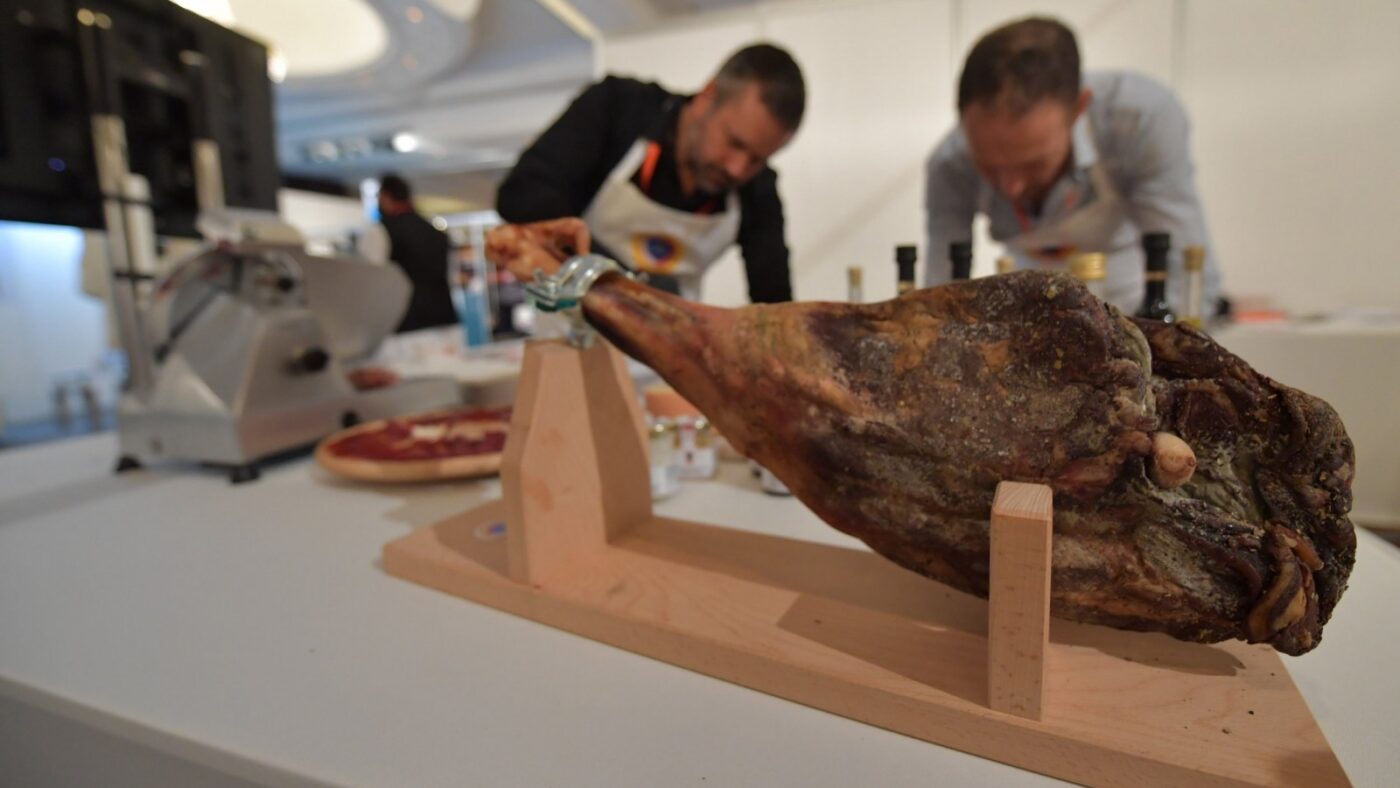Halal certification service, Uncategorized
Halal certifications service 2
Halal meat
Halal meat section at a grocery store in Canada
Halal meat must come from a supplier that uses halal practices. Dhabīḥah (ذَبِيْحَة) is the prescribed method of slaughter for all meat sources, excluding fish and other sea-life, per Islamic law. This method of slaughtering animals consists of using a sharp knife to make an incision that cuts the front of the throat, oesophagus and jugular veins but not the spinal cord. The head of an animal that is slaughtered using halal methods is aligned with the qiblah. In addition to the direction, permitted animals should be slaughtered upon utterance of the Islamic prayer Bismillah.
The slaughter must be performed by a Muslim man. Carrion (carcasses of dead animals, such as animals who died in the wild) cannot be eaten.Additionally, an animal that has been strangled, beaten (to death), killed by a fall, gored (to death), savaged by a beast of prey (unless finished off by a human), or sacrificed on a stone altar cannot be eaten.
Compatibility with other religions

Animals slaughtered by non-Muslims can also be considered halal if the slaughter is carried out by jugular slice, the blood drained and the name of God invoked. As a result, kosher meat is permitted by some Muslim communities.
In Sikhism, the religious prescriptions forbid from eating meat produced by slaughtered slowly or with religious ritual, which they refer to as kutha meat. This includes halal meat preparation. The religiously recommended method of slaughter among Sikhs, known as jhatka, is likewise incompatible with halal principles, as with this method not all of the blood is drained from the meat.
Concerns for animal welfare
Eid ul-Adha Islamic holiday in Pakistan
Stunning of the animal is not allowed before slaughtering. It is allowed only if necessary to calm down a violent animal. However, the UK Food Standards Agency figures from 2011 suggest that 84% of cattle, 81% of sheep and 88% of chickens slaughtered for halal meat were stunned before they died. Supermarkets selling halal products also report that all animals are stunned before they are slaughtered. Tesco, for example, says “the only difference between the halal meat it sells and other meat is that it was blessed as it was killed.” Concerns about animal suffering from slaughter without prior stunning has resulted in the ban of slaughter of unstunned animals in Denmark, Luxembourg, Belgium, The Netherlands, Norway, Sweden and Switzerland.
Certification

An example of a halal certificate from India
Certification for halal products is given by legal authorities in most Muslim-majority countries, while in other countries, it is voluntarily acquired by companies and issued by non-governmental organizations for an annual fee.
Halal certification in the USA
Halal certifications are provided by two major non-profit agencies in the United States, namely, Halal Monitoring Services (HMS), based out of Chicago, Illinois, and Halal Food Standards Alliance of America (HFSAA), based out of Oakland, California.
Criticism
In Australia, halal food certification has been criticized by groups who claim that certifying foods as halal leads to consumers subsidizing a particular religious belief. Australian Federation of Islamic Councils spokesman Keysar Trad told a journalist in July 2014 that this was an attempt to exploit anti-Muslim sentiments in Australia. A recent study shows that halal certifications may not necessarily reflect the extent to which a halal product came about in whole, calling for greater means of assurance and transparent qualitative methods of halal certification.

